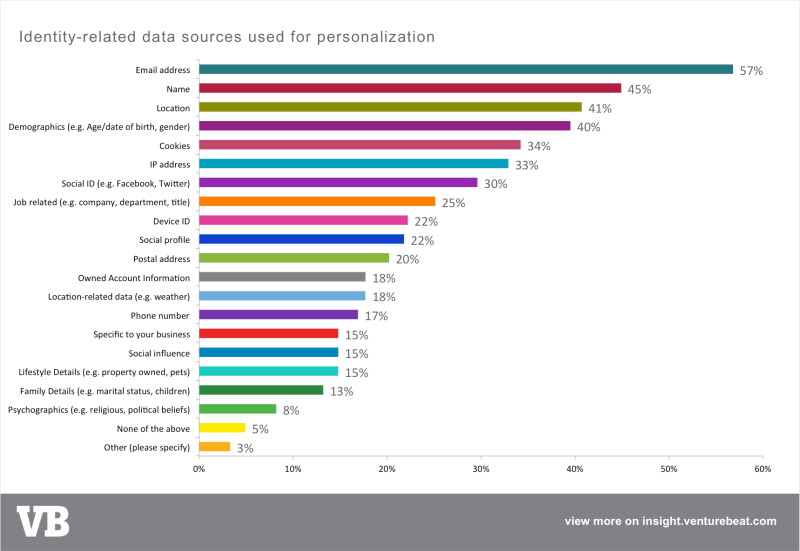“Personalization has become a major marketing buzzword, but it’s often misused.”
That’s according to Julie Bornstein, the COO of personal styling service Stitch Fix. Stitch Fix employs over 2,500 people, including a team of over 1,800 remote stylists.
Bornstein, previously CMO at Sephora, will be addressing personalization and the theme of disruption at GrowthBeat in San Francisco August 17-18.
Personalization is often used to describe tactics like putting a customer’s name in the subject line of an email, or using click data to infer a customer’s gender to serve custom content to them on the homepage. “But at Stitch Fix,” says Bornstein, “We’re one of the only retailers delivering true, 1:1 personalization to our customers at a massive scale.”
AI Weekly
The must-read newsletter for AI and Big Data industry written by Khari Johnson, Kyle Wiggers, and Seth Colaner.
Included with VentureBeat Insider and VentureBeat VIP memberships.
How effective is this real-life personalization? Over 70 percent of Stitch Fix’s clients order a second Fix within 90 days of the first one.
Bornstein explains, “The reason we’re able to do this is because of the large amount of data our clients share with us about themselves and their experience with Stitch Fix.”
In other words, it’s all about the data. According to Bornstein:
Our analytics and algorithms team partners with our styling team to deliver this experience to our clients. Our algorithm recommends merchandise to the stylist based on the data our client has shared with us through her style profile. The stylist is able to see these recommendations and also look at things like written feedback, a client’s Pinterest board, etc., to help inform her final selections for that Fix.
VB Insight has found that most companies are not using a very diverse set of customer data for personalization.

By completing profiles with details like dress sizes and Pinterest accounts, members provide Stitch Fix with much more information than they do traditional retailers.
“In delivering true personalization that is effortless for our client, we’re able to create a meaningful, long-lasting relationship with her,” says Bornstein.
Both Sephora and Stitch Fix are very client-centric, but Stitch Fix is more data and technology driven — made easier because it is a 4-year-old company that started as a personal service online.
Stitch Fix has raised $16.75 million in Series A and B funding from investors, including Baseline Ventures and Benchmark Capital.
VentureBeat's mission is to be a digital town square for technical decision-makers to gain knowledge about transformative enterprise technology and transact. Learn More
